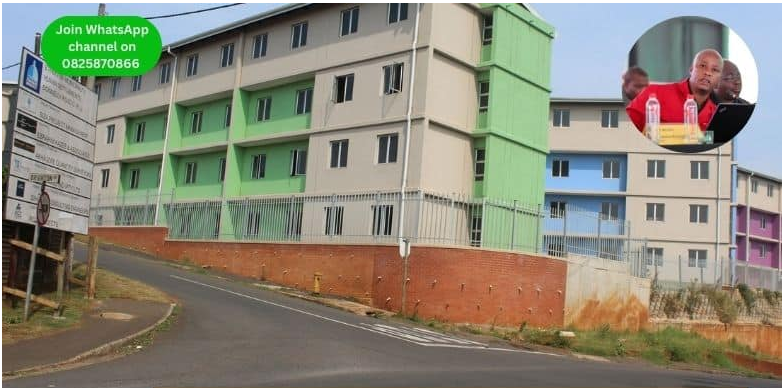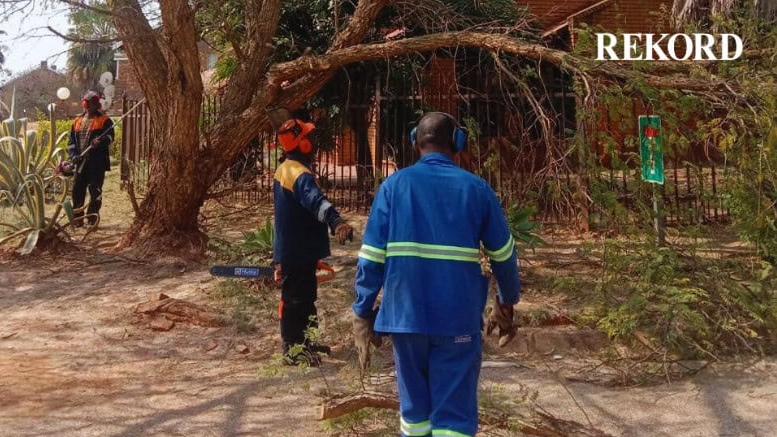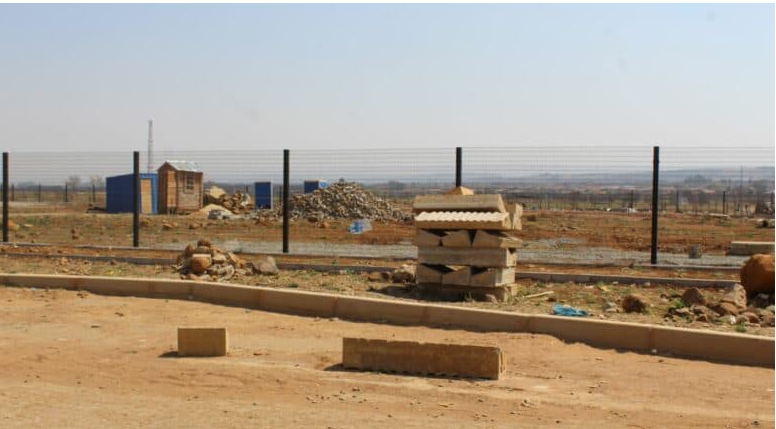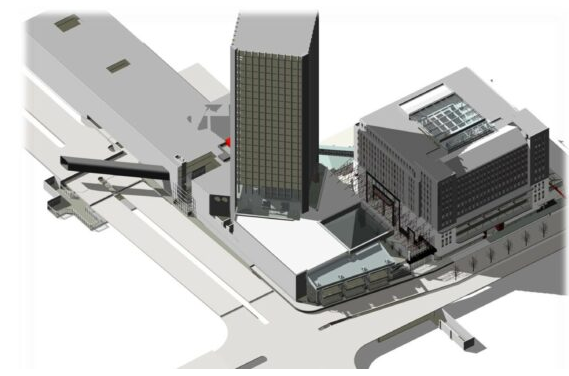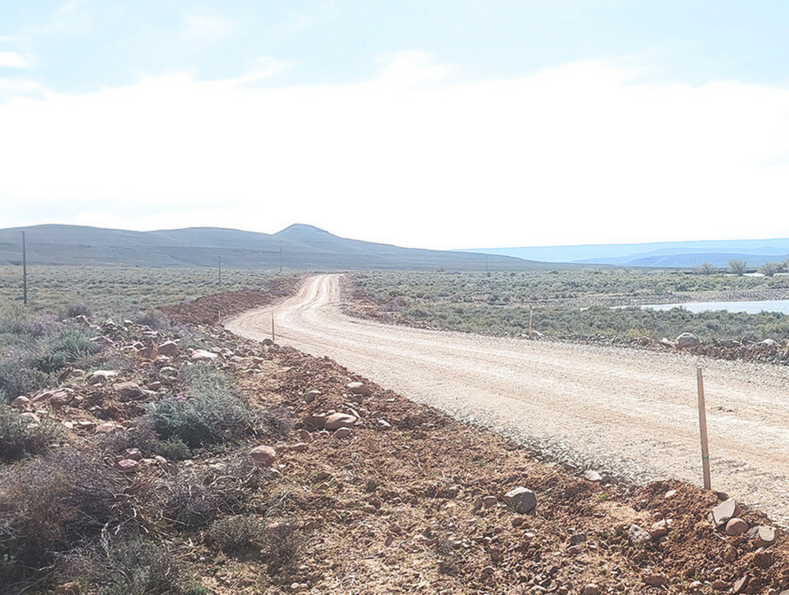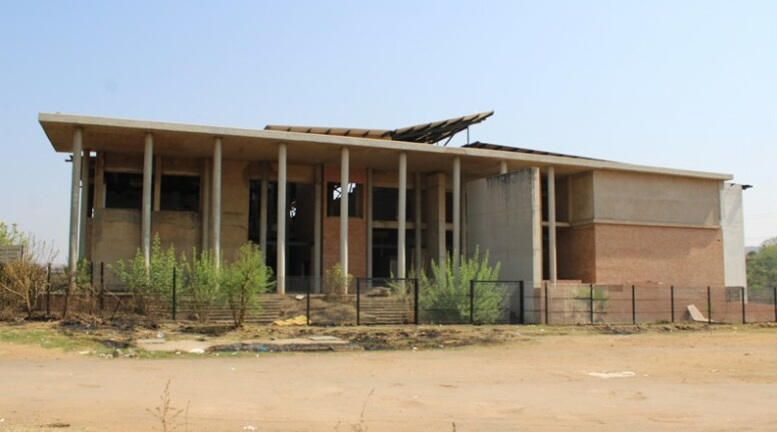State U-turn on ‘costly’ private office leases

Advertising
02-06-2011
Read : 37 times
Business Day
property owners say change in policy could be setback for bee
in a move that could profoundly shake up the large commercial property sector, the government yesterday signalled a major policy u-turn that will see it begin to build for itself rather than lease property from the private sector.
property analysts said the new policy appeared to be contradictory because the government had adopted a policy to support black property owners.
introducing her budget vote in parliament yesterday, public works minister gwen mahlangu- nkabinde said leasing accommodation for government departments cost the state billions.
ms mahlangu-nkabinde recently received a severe rebuke from the public protector for signing a r500m lease to relocate the south african police service head office to a new building in pretoria. her department is still battling to complete an audit of state-owned buildings, a project which started 17 years ago.
"the leasing portfolio is costing the state a lot of money. the department has in the past year spent billions in leases and functional accommodation for client departments," she said.
ms mahlangu-nkabinde said investment in repairs and maintenance, as well as in the construction of new government buildings, could generate major savings , " this will include ensuring the relocation of national departments to state-owned buildings where it is feasible to do so."
but south african property owners association ceo neil gopal said the new policy was "a double-edged sword".
"one needs to take into account why the department considers renting costly. are these leases governed by market-related rentals or are these rentals inflated and hence considered expensive?" he asked.
"i propose that the department of public works start by assessing their current leases to verify if the rentals they are paying are market related or not."
mr gopal said the construction of buildings had to be dictated by various considerations — cost and need analysis, land use patterns and availability of stock. he warned constructing new buildings for the wrong reasons could be more costly in the long run.
"i do, however, support a programme of continuous repair and maintenance of existing government buildings. in the short term, it may provide construction job opportunities," he said.
ms mahlangu-nkabinde emphasised that the while the state’s lease portfolio was being slashed, her department would find ways "to structure its current leases such that the socioeconomic goals of government are realised, including black, women and youth economic empowerment".
stanlib head of property funds keillen ndlovu said the listed property sector had been reducing its government exposure.
"this has been largely driven by the low black economic empowerment ownership in the sector. government-tenanted properties are being sold to black- owned companies," he said.
mr ndlovu said generally, the higher the black ownership of a company, the higher the probability of it signing a lease with the government, especially a long- term lease. "given this, most listed property companies do not have the ability to secure longer leases with government and have been reducing their government exposure. for example, one of the listed property companies has just over 15% exposure to government and (aims) to reduce it to 10% in the short to medium term."
ms mahlangu-nkabinde also announced that underused or unused government buildings would be revamped and put to other uses, such as accommodation for students.
thabang mokopanele and wyndham hartley
Recent News
Here are recent news articles from the Building and Construction Industry.
Have you signed up for your free copy yet?

